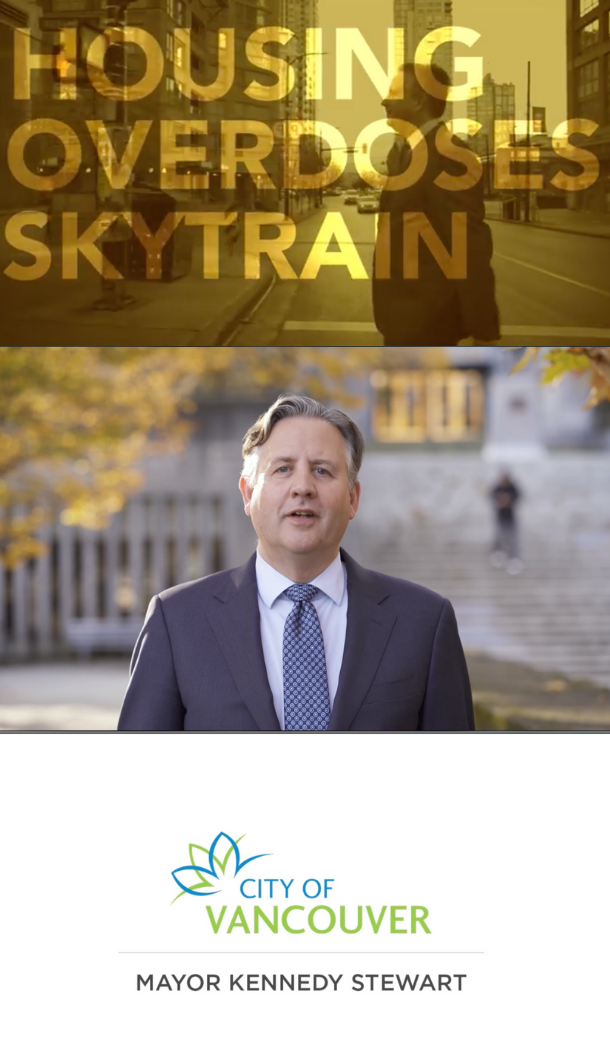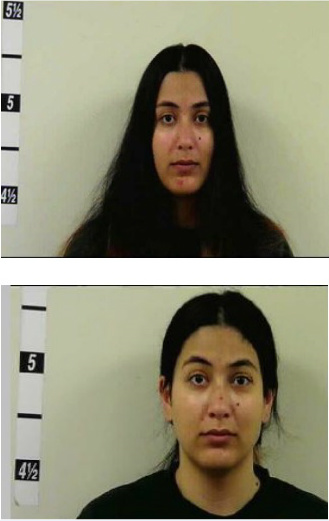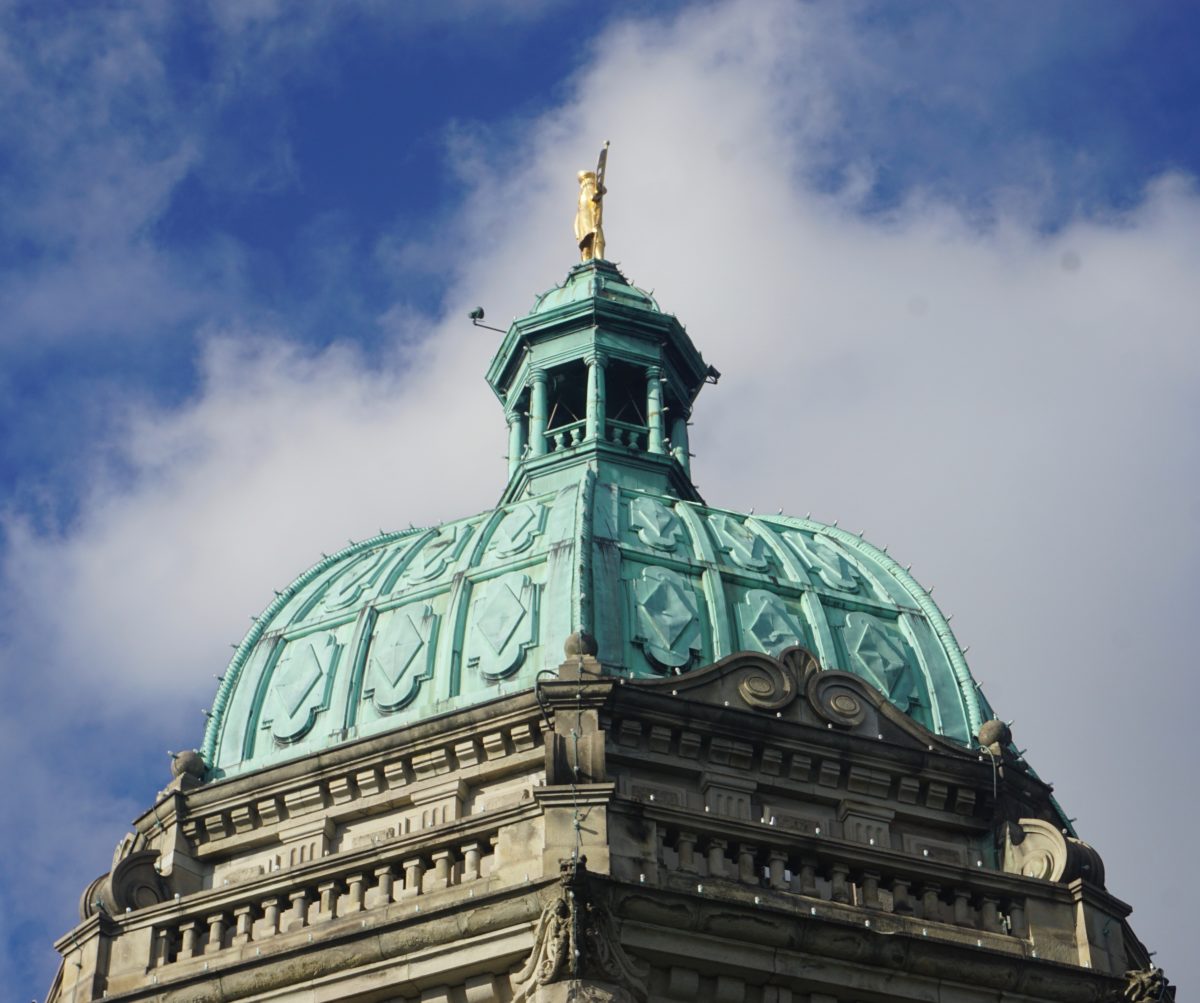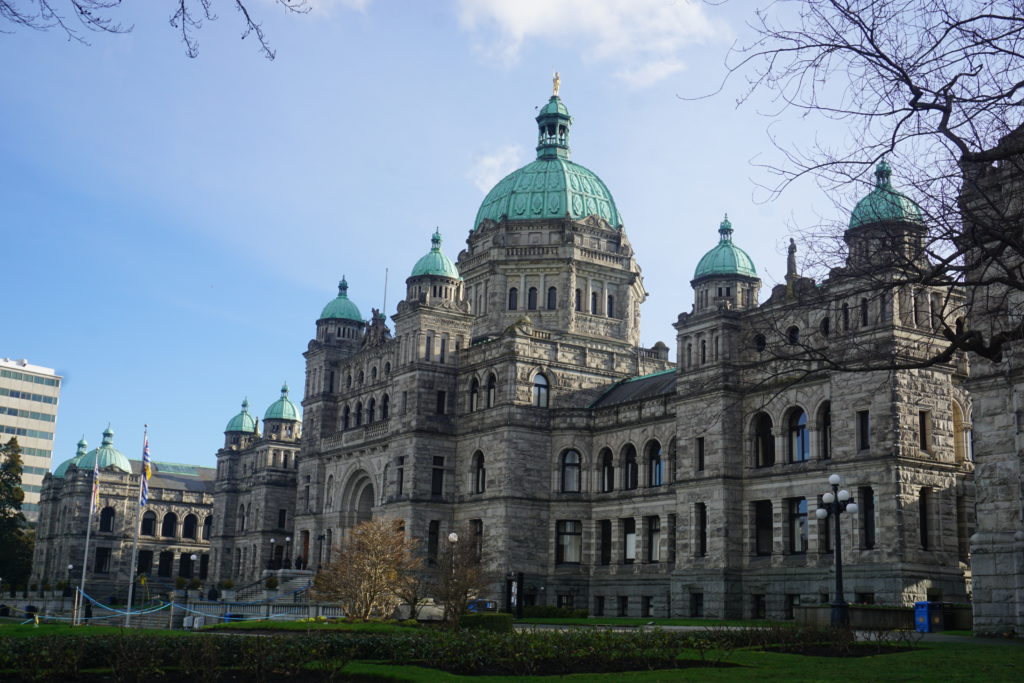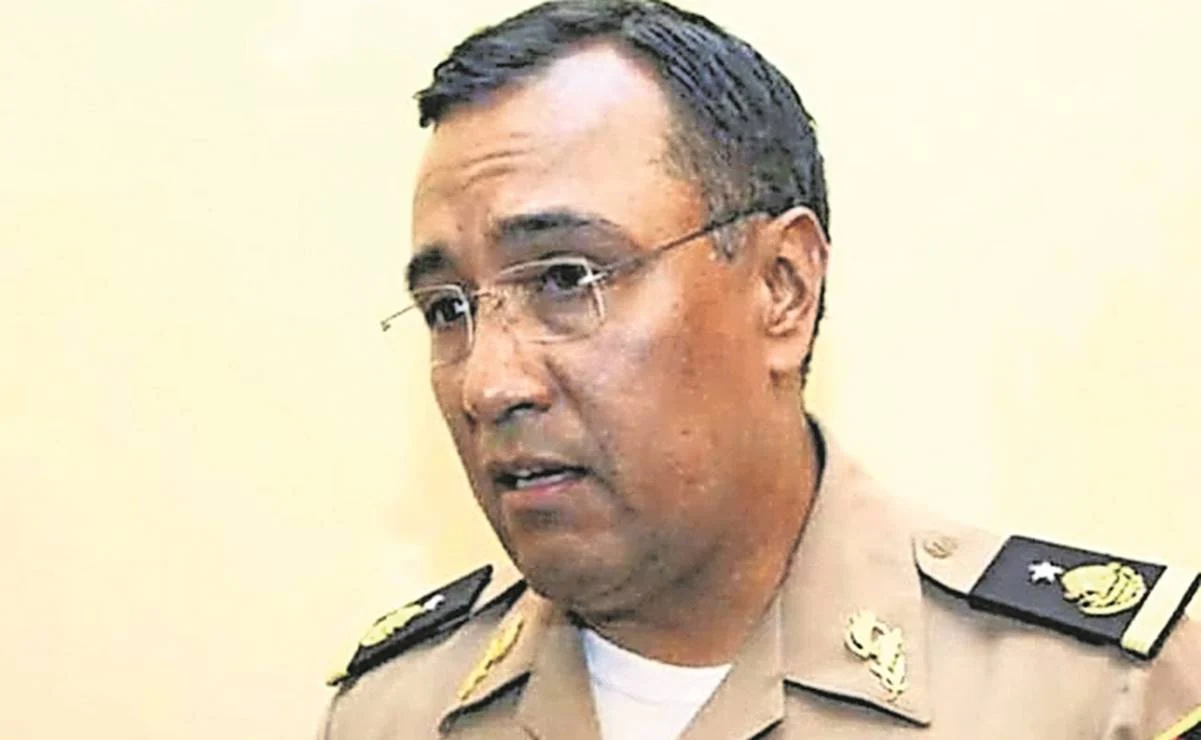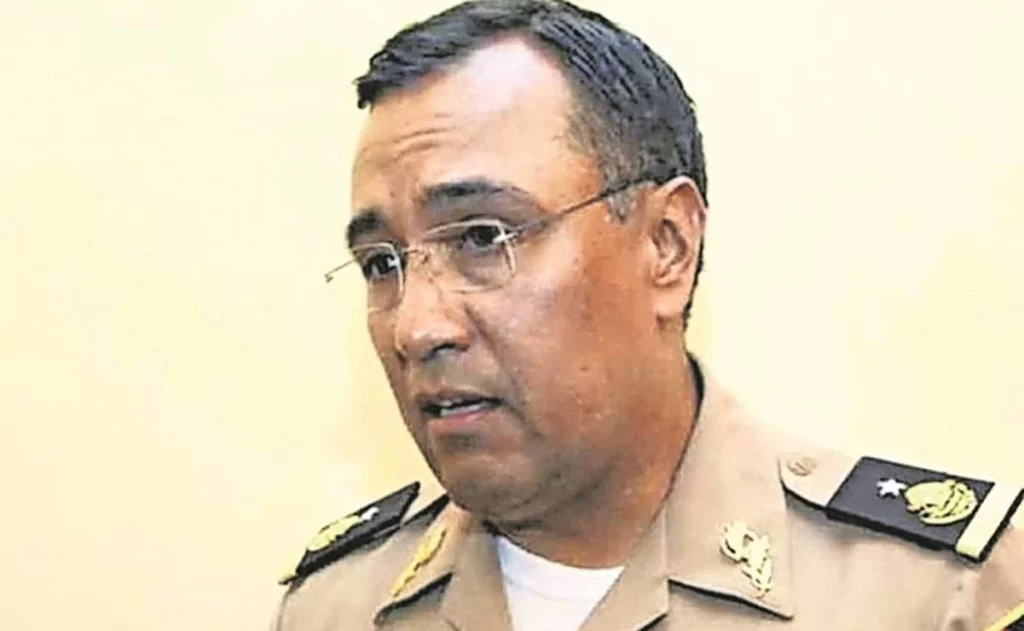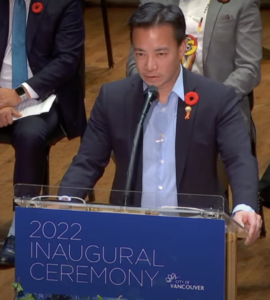Vancouver Canucks dubious departures
Bob Mackin
That Hal Laycoe became the first ex-coach of the Vancouver Canucks on May 2, 1972 wasn’t a big surprise.
Under Laycoe for their first two NHL seasons, the Canucks went 44-96-16. They were, after all, the only western franchise in the tough East division, playing against five of the original six franchises and fellow 1970 entrant Buffalo Sabres.

Rick Tocchet (left), Patrick Alvin and Jim Rutherford (Canucks/YouTube)
With Vic Stasiuk replacing him, Laycoe got kicked upstairs to the front office. The vice-president of player development and scouting became general manager in 1973.
When Stasiuk was introduced, reporters of the day noted that owner Tom Scallen was absent from the news conference.
Just like today’s owner, Francesco Aquilini, when Rick Tocchet replaced Bruce Boudreau on Jan. 22, the latest in the Canucks’ history of dubious departures.
November 22, 1984
Roger Neilson was shown the door Jan. 18, 1984, about a year-and-a-half after he famously guided the suspended Harry Neale’s team to the Stanley Cup finals, losing to the New York Islanders in a sweep. Later in 1984, Neilson sued the Canucks for $53,500 for breach of contract.
Neale stepped back behind the bench, but hired Bill LaForge in the off-season. The 32-year-old NHL rookie was famous for his “Pride, Hustle, Desire” mantra.
But the Canucks began the season pitiful and hapless, with 14 defeats in 20 games. So Neale fired LaForge and returned to coaching after a 5-1 loss to the St. Louis Blues in the half-empty Pacific Coliseum.
Neale got the axe at the end of the season, which was the club’s worst yet.

Francesco Aquilini (left) and Premier John Horgan in Abbotsford in 2021 (BC Gov/Flickr)
Nov. 4, 1997
Seattle’s McCaw family invested some of their cell phone profits into the Canucks when the Griffiths family felt the pinch of downtown arena construction cost overruns and the Grizzlies’ exorbitant NBA expansion fees.
By 1996, the McCaws had bought out the Griffiths. Former BC Gas CEO Stephen Bellringer had been installed as the CEO of Orca Bay Sports and Entertainment. When the Canucks started the 1997-1998 season at 3-10-2, Bellringer fired president Pat Quinn rather than head coach Tom Renney during a seven-game losing streak.
The mighty, beloved Quinn had been a member of that original 1970 team under Laycoe, the team’s “super boss” since 1987 and head coach of the 1994 Stanley Cup finalist who hired, fired and replaced coaches Bob McCammon and Rick Ley.
Renney was next, nine days later. His replacement, Mike Keenan, was reunited with the Canucks’ controversial offseason free agent acquisition, Mark Messier.
Jan. 24, 1999:
More change at Griffiths Way. After Keenan’s first year as both head coach and de facto general manager, Brian Burke, Quinn’s understudy in 1987, had returned to the Canucks on June 23, 1998 to fill Quinn’s shoes.
Under Keenan, the Canucks traded away fan favourites from the machine Quinn built, including Trevor Linden and Kirk McLean. Under Burke, Pavel Bure was dealt to the Florida Panthers on Jan. 17, 1999 in a blockbuster trade involving six players and two draft picks changing coasts.
A week later, Keenan was gone, replaced by Marc Crawford, the former Canuck who coached the Colorado Avalanche to their first Stanley Cup championship in 1996.
The Canucks finished last-place in the Western conference, out of the playoffs for the third straight season. The highlight of the off-season proved the saying that it’s darkest before dawn.
With the second and third picks in the June 26, 1999 draft, the Canucks picked the Sedin twins.
July 25, 2018
Owner Francesco Aquilini went to Twitter to say that Trevor Linden had “stepped down” as president of hockey operations, a role the team’s greatest captain had occupied since April 2014.
 “He’s looking forward to pursuing other opportunities and spending time with his family,” Aquilini Tweeted, leaving many Canucks’ fans confused.
“He’s looking forward to pursuing other opportunities and spending time with his family,” Aquilini Tweeted, leaving many Canucks’ fans confused.
The move made Jim Benning the head of hockey operations, reporting directly to the Aquilinis.
“Jim and Travis Green will continue rebuilding the team as per the plan we have in place. A new president will be named in due course.”
Aquilini said he had one unfulfilled dream: “I want to bring the Stanley Cup to Vancouver.”
Jan. 22, 2023
That dream remains unfulfilled.
The Benning and Green era ended Dec. 5, 2021. Bruce Boudreau replaced Green the next day, and Jim Rutherford as president three days after that.
The Canucks were a different team under modest, easy-going Boudreau, racking up pre-Christmas wins. Fans chanted “Bruce (There It Is)” a la one-hit wonder Tag Team’s “Whoomp (There It Is).”
Boudreau lasted 412 days — less than Keenan’s 436. No tears were shed when Keenan departed. Different story for both Boudreau and Canucks’ faithful the night before Rutherford fired him and introduced Rick Tocchet.
Two coaches whose career paths couldn’t have been more different.
In 1977, Boudreau had a bit part in the ultimate hockey movie Slap Shot.
Tocchet pleaded guilty in 2007, and got two years probation, for conspiracy and promoting gambling in New Jersey, after an FBI sting code named “Operation Snapshot.” Commissioner Gary Bettman reinstated Tocchet almost nine months later, in February 2008.
Support theBreaker.news for as low as $2 a month on Patreon. Find out how. Click here.
Bob Mackin That Hal Laycoe became the first









